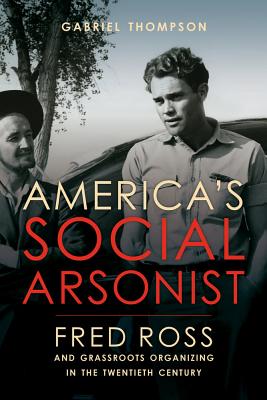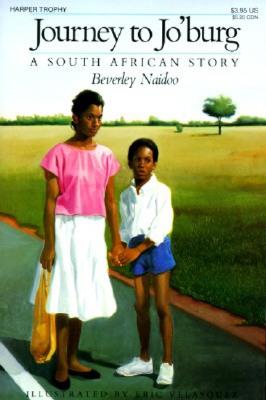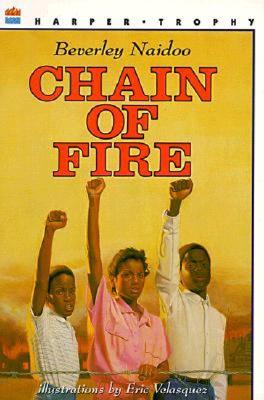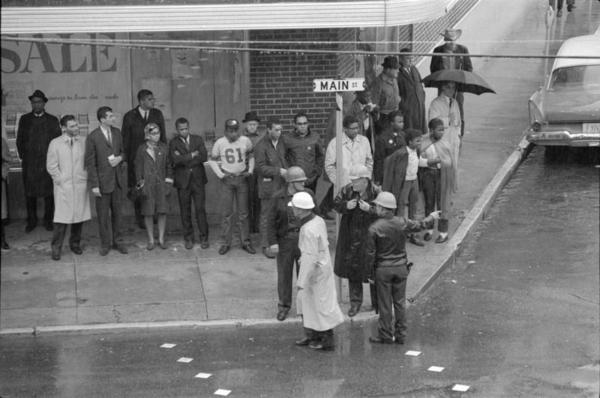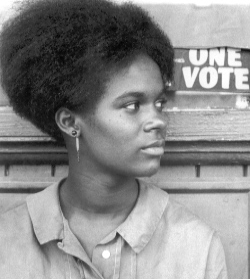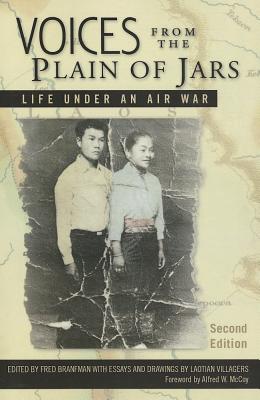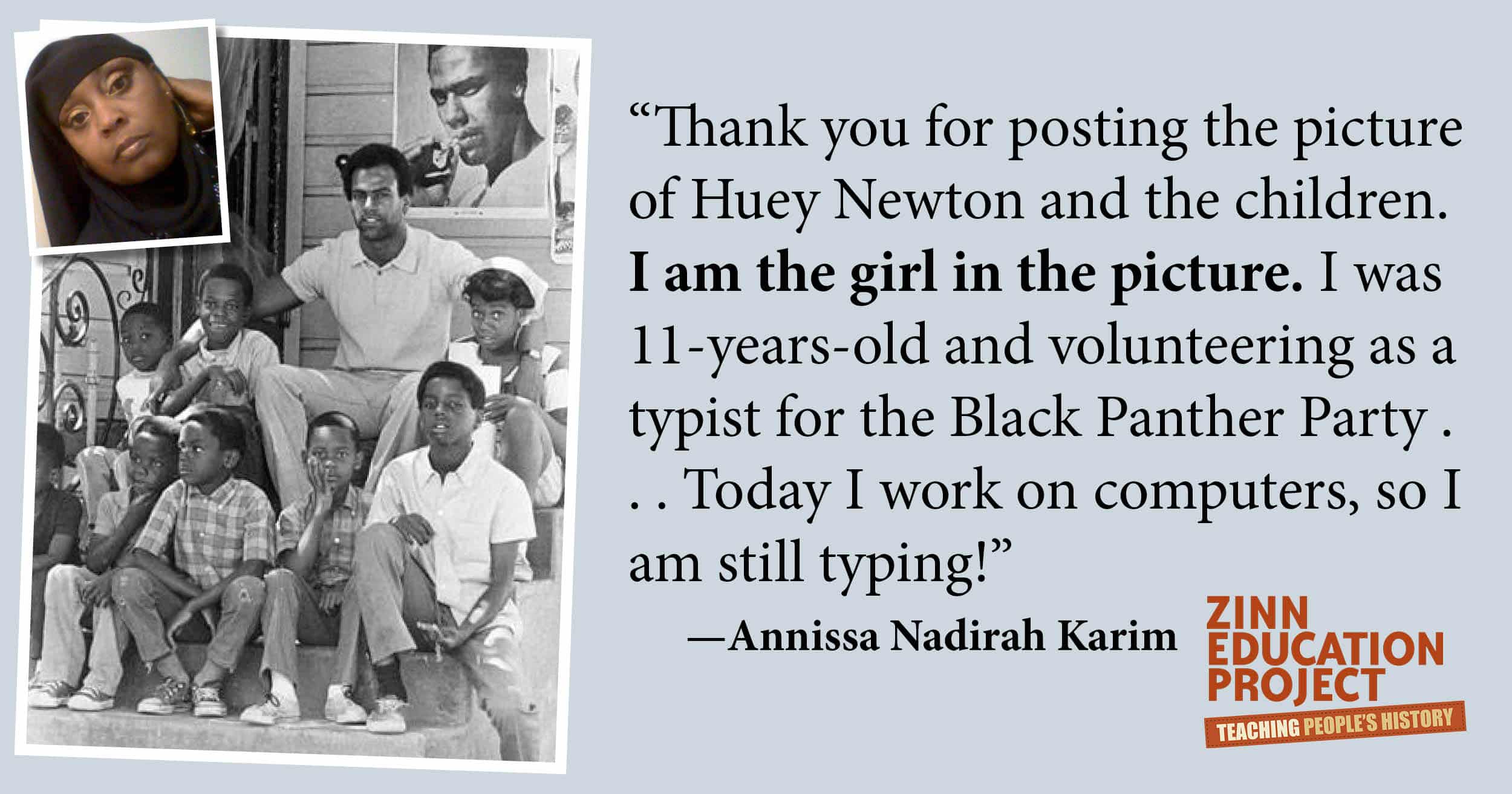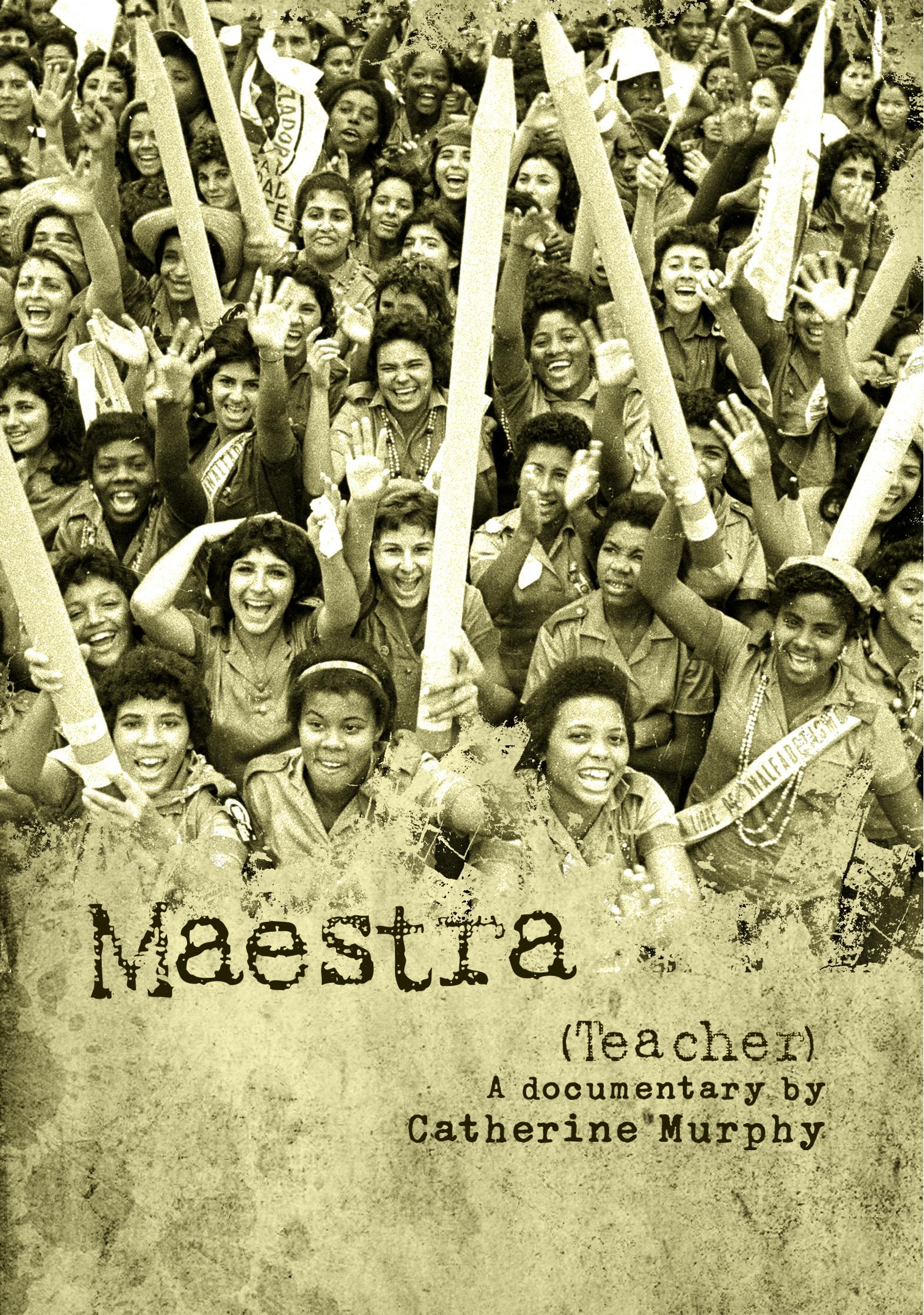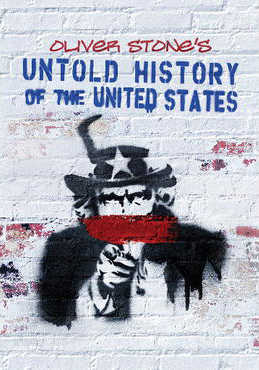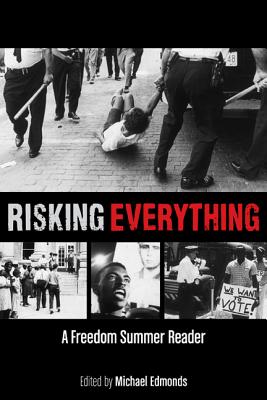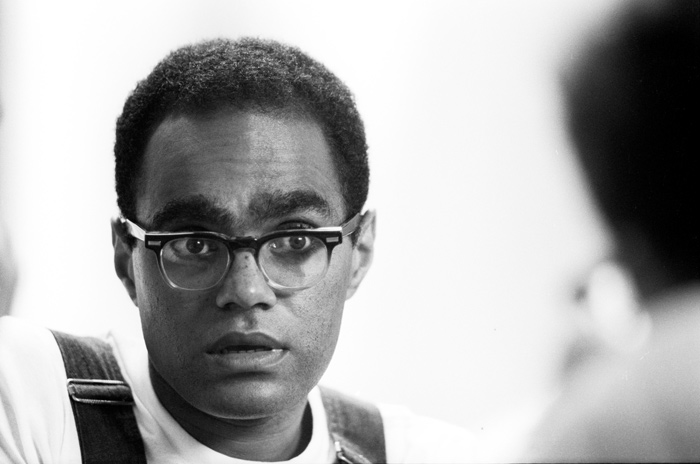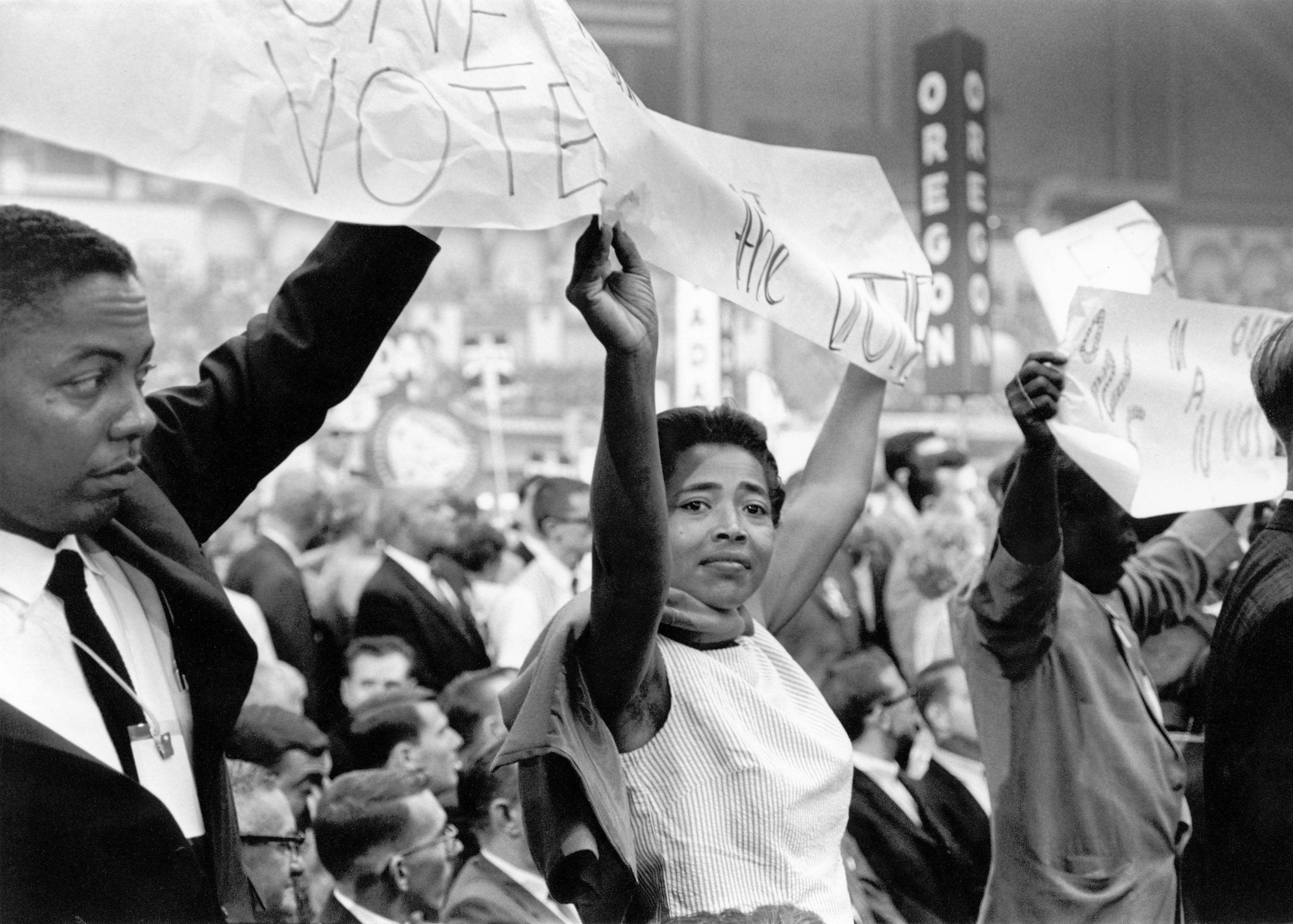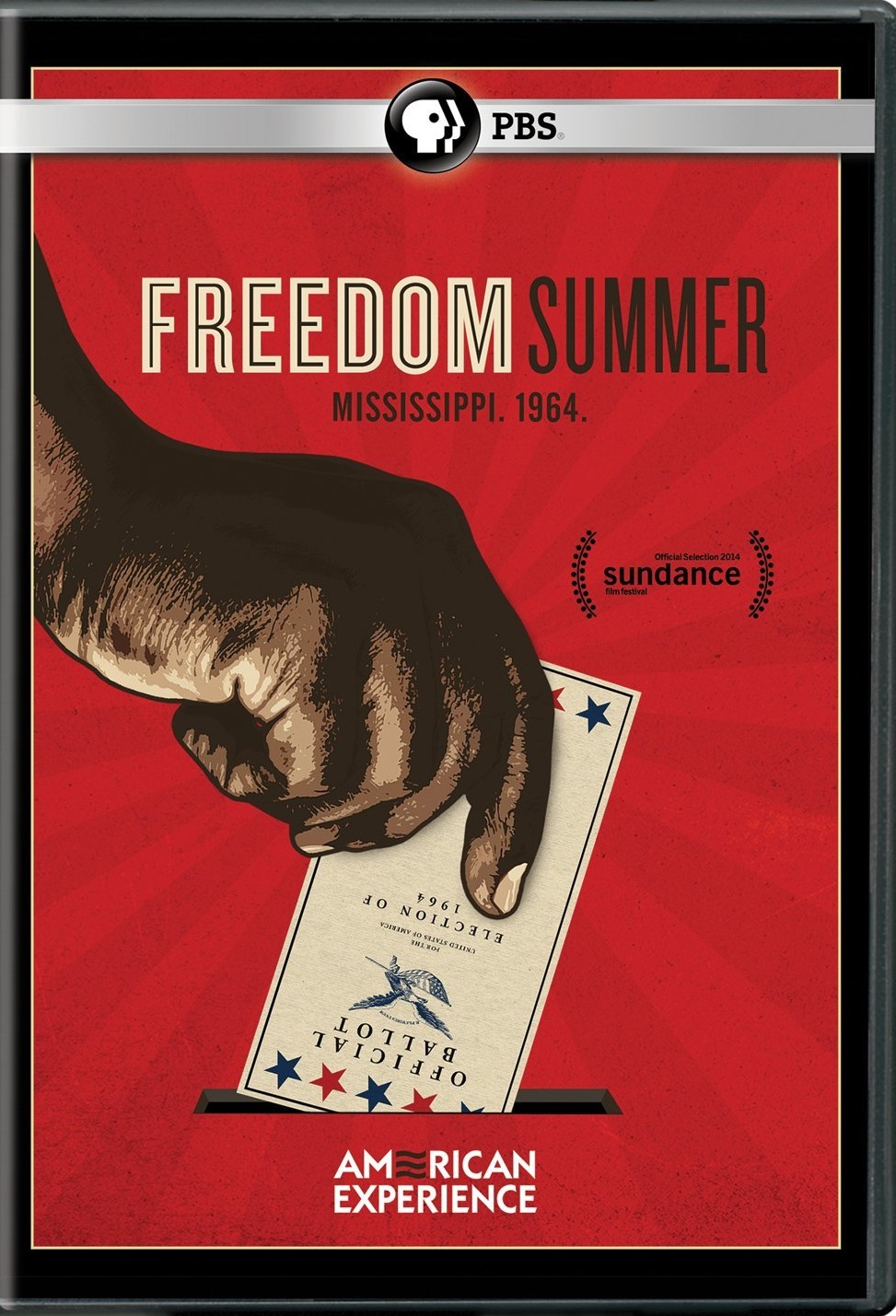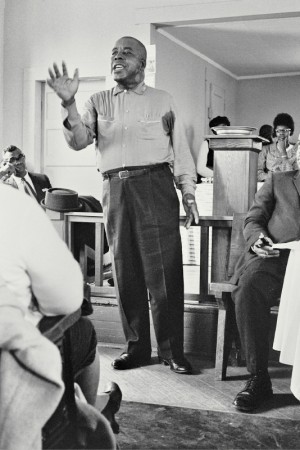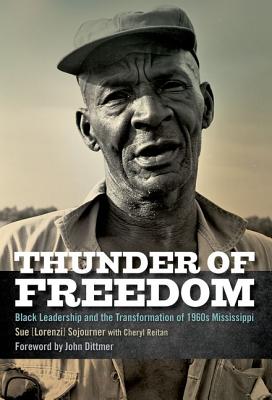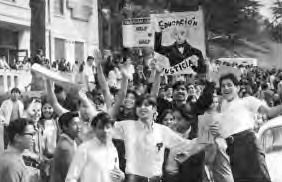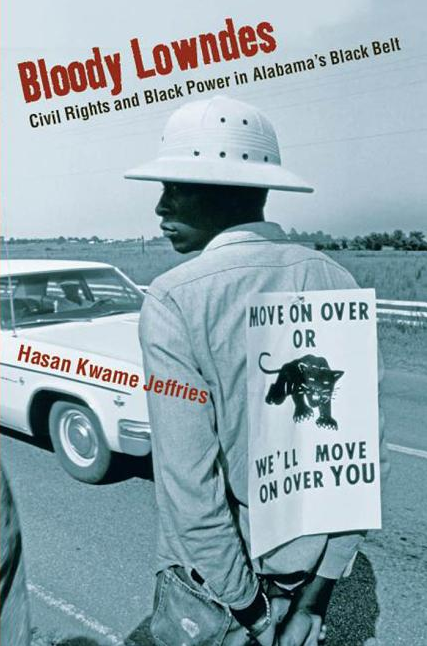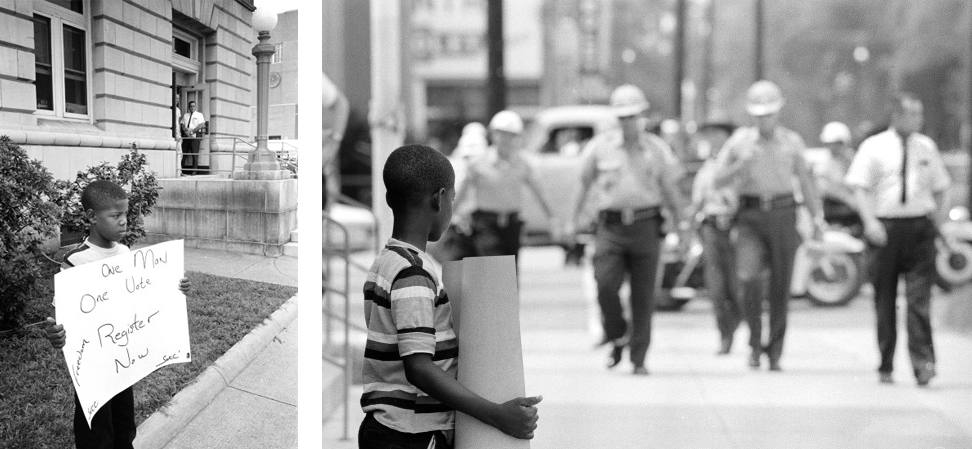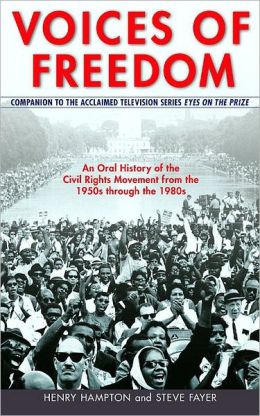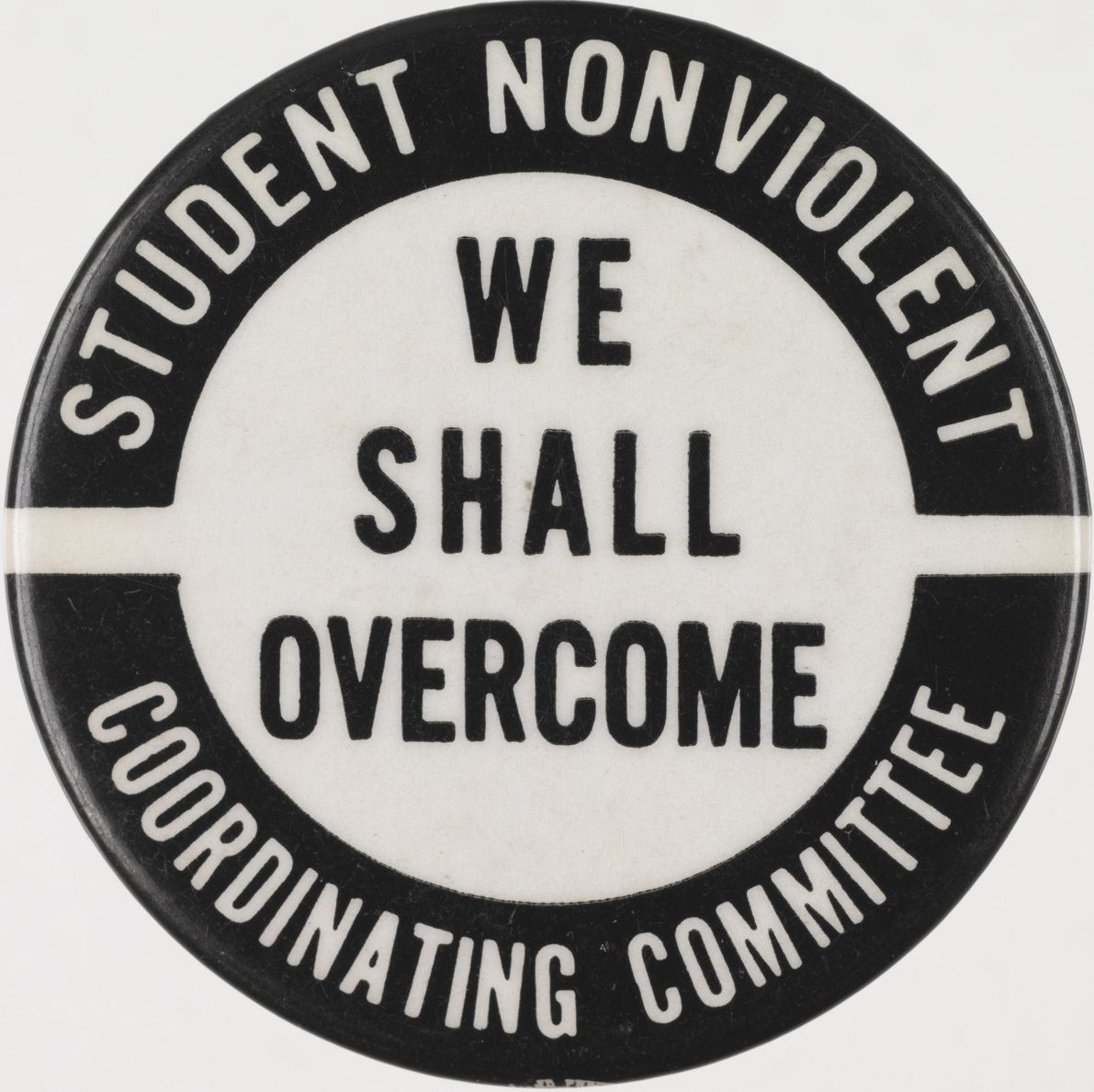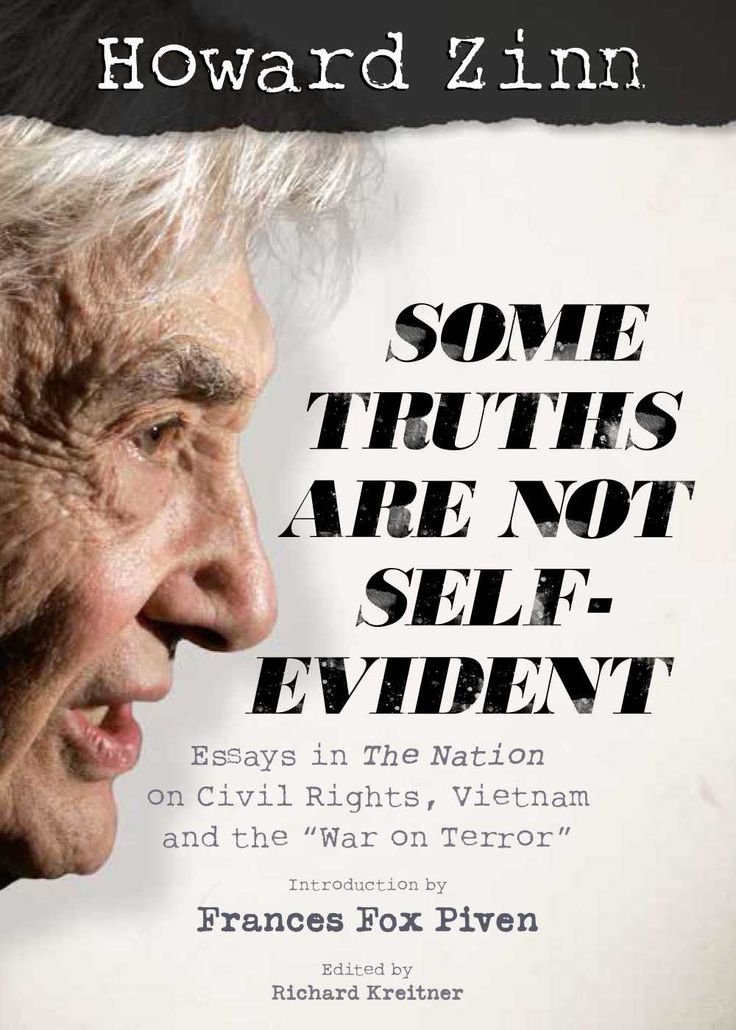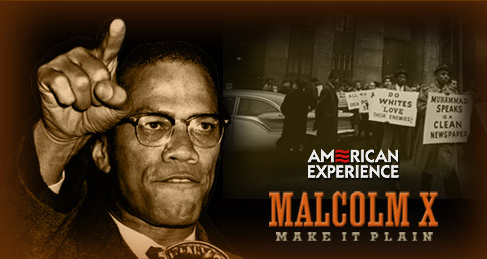Profile. By Gabriel Thompson. 2013.
Introduction to little-known but influential labor organizer Fred Ross (1910-1992), who trained many activists of note including Dolores Huerta and Cesar Chavez.
Continue reading
Film. Directed by Connie Field. 2007. 89 minutes.
Episode that covers the anti-apartheid movement in the U.S. to overturn apartheid in South Africa.
Continue reading
Book — Fiction. By Beverley Naidoo, illustrated by Eric Velasquez. 1988. 96 pages.
A brother and sister take their sick sibling to the city of Johannesburg to get their mother at work, and come to understand the struggle for freedom and dignity taking place in South Africa.
Continue reading
Book — Fiction. By Beverley Naidoo, illustrated by Eric Velasquez. 1993. 256 pages.
When the South African government forces a village to relocate, young protesters, who do not have the freedom of speech, organize a march against apartheid.
Continue reading
Article. By Howard Zinn. From Chapter 6 of You Can't Be Neutral on a Moving Train.
Zinn describes the Student Nonviolent Coordinating Committee (SNCC) voting rights campaign called Freedom Day in Hattiesburg, Miss.
Continue reading
Profile.
Summer initiative to register African American voters in Mississippi.
Continue reading
Book — Non-fiction. Edited by Fred Branfman. 2013 (original edition, 1972). 196 pages.
Essays, drawings, and poems by Laotian villagers who survived almost 10 years of widespread, persistent, and devastating bombing during the Vietnam War in a covert operation in Laos.
Continue reading
"Thank you for posting the picture of Huey Newton and the children. I am the girl in the picture. I was 11-years-old and volunteering as a typist for the Black Panther Party . . . Today I work on computers, so I am still typing!" -- Annissa Nadirah Karim
Continue reading
Film. By Catherine Murphy. 2013. 32 minutes.
Documentary about the successful 1961 literacy campaign in Cuba.
Continue reading
Film. By Oliver Stone and Peter Kuznick. 2014. 4 discs – 796 minutes.
TV series that re-examines various under-reported events of U.S. history since World War II.
Continue reading
Book — Non-fiction. By Kay Mills. 2007. 390 pages.
First-hand accounts of Fannie Lou Hamer's emergence as a leader of the Civil Rights Movement of the 1960s.
Continue reading
Book — Non-fiction. Edited by Michael Edmonds. 2014. 250 pages.
Anthology of first hand accounts and primary documents from the 1964 Mississippi Freedom Summer Project.
Continue reading
Profile.
Robert "Parris" Moses (born Jan. 23, 1935) is a voting rights organizer, educator, and founder of the Algebra Project.
Continue reading
Teaching Activity. By Julian Hipkins III, Deborah Menkart, Sara Evers, and Jenice View.
Role play on the Mississippi Freedom Democratic Party (MFDP) that introduces students to a vital example of small “d” democracy in action. For grades 7+.
Continue reading
Film. Written, produced, and directed by Stanley Nelson. 2014. 120 minutes.
Documentary about 1964 Freedom Summer in Mississippi.
Continue reading
Book — Non-fiction. By Charles E. Cobb Jr. 2015. 328 pages.
Cobb Jr. describes the vital role that armed self-defense played in the survival and liberation of black communities in America during the Southern Freedom Movement of the 1960s.
Continue reading
Profile.
Hartman Turnbow (March 20, 1905–August 15, 1988), was Mileston, Miss., farmer and fiery orator known for inspiring people during the Civil Rights Movement.
Continue reading
Book — Non-fiction. By Sue [Lorenzi] Sojourner, with Cheryl Reitan. Foreword by John Dittmer. 2013.
Documents the role of unsung heroes in the voting rights struggle in Holmes County, Mississippi.
Continue reading
Teaching Activity. By Brian C. Gibbs. Rethinking Schools. 6 pages.
A teacher uses the activist history of Theodore Roosevelt High School in East Los Angeles to pose students the question: “What would you be willing to do to create change?"
Continue reading
Book — Non-fiction. By Hasan Kwame Jeffries. 2010. 372 pages.
History of the role that activists in Lowndes County played in spurring Black activists nationwide to fight for civil and human rights in new and more radical ways.
Continue reading
Article. By Howard Zinn. Excerpt from Chapter 5 of You Can't Be Neutral on a Moving Train.
Howard Zinn’s first-hand account of Selma’s Freedom Day in 1963.
Continue reading
Book — Non-fiction. Henry Hampton and Steve Fayer. 1991. 692 pages.
Oral histories of the Civil Rights Movement spanning three decades.
Continue reading
Founding of the youth-led Civil Rights Movement organization, the Student Nonviolent Coordinating Committee.
Continue reading
Book — Non-fiction. By Howard Zinn, edited by Richard Kreitner. 2014. 215 pages.
A collection of articles spanning 50 years, by and about Howard Zinn, originally published in The Nation magazine.
Continue reading
Film. Written by Steve Fayer and Orlando Bagwell. 1994. 138 minutes.
Documentary film on the life and words of Malcolm X/ El-Hajj Malik El-Shabazz.
Continue reading

